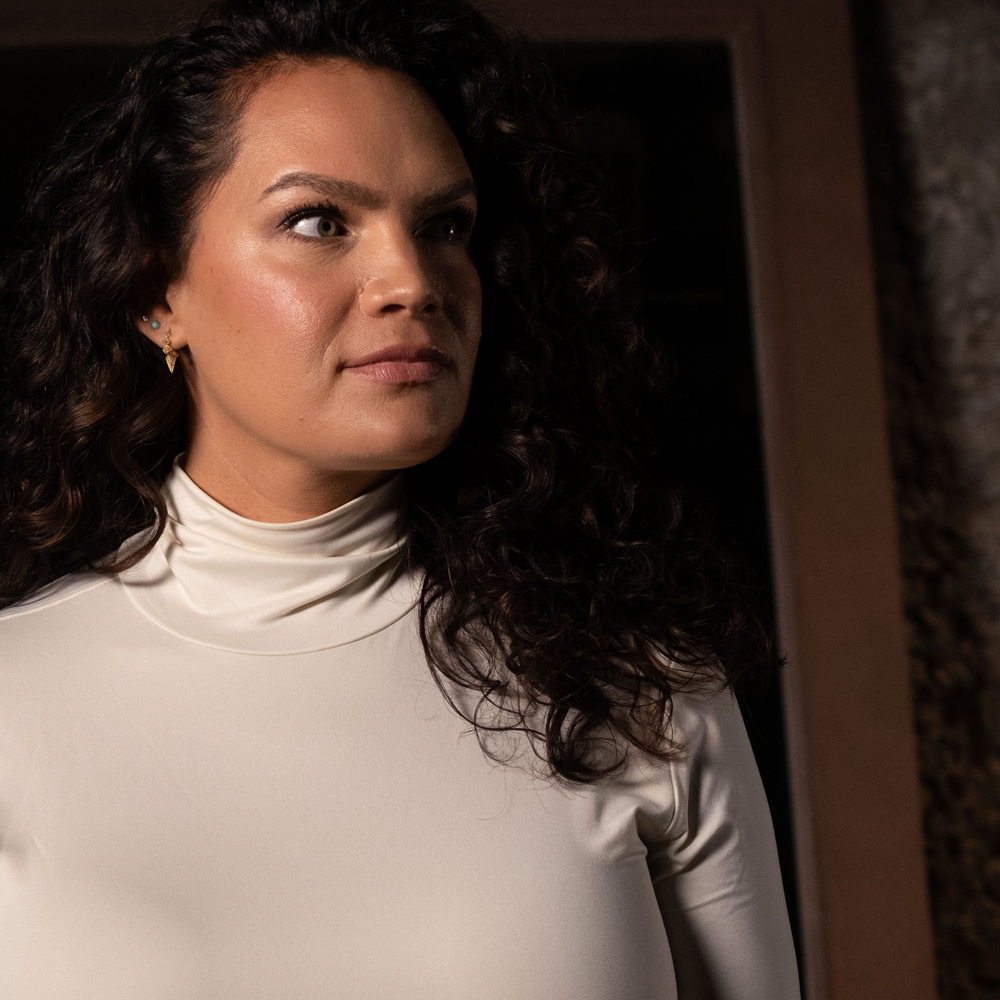THE TEA | December 2024
Thinking about Starting Birth Control?
By Mellissa Keeton, APRN
Hi there, I’m Mellissa Keeton, APRN. I’ve been a nurse for 25 years, and during that time, I’ve had the privilege of caring for women at every stage of life. My passion lies in providing high-quality care and helping women like you live their healthiest, most confident lives. That includes helping women feel empowered when it comes to making the best decisions for their health and well-being, including when they’re thinking about starting birth control.

First, the Basics
When it comes to contraception, it’s crucial to understand the variety of options available. There are two main types: hormonal and non-hormonal. Hormonal contraceptives include combined contraceptive pills, patches, and vaginal rings, all of which work by inhibiting ovulation and altering cervical mucus to prevent sperm from penetrating. Progesterone-only methods offer a slightly different approach, including pills, implants like Nexplanon, and injections given every three months. Hormonal IUDs, placed in the uterus, can last from 3 to 8 years and are known for their high effectiveness, with failure rates of less than 1 percent.
If you prefer non-hormonal methods, options include spermicides, the withdrawal method, condoms, diaphragms, and the copper IUD. The copper IUD, in particular, can also serve as emergency contraception if inserted within five days of unprotected intercourse. It works by maintaining an acidic environment in the uterus, which slows sperm transportation.
Choosing the Right Contraceptive Method
Selecting the right contraceptive method involves a personal journey and it is important to consider the various factors unique to your life and body when starting birth control.
Understanding your reproductive goals and the regularity of your menstrual cycles is a vital first step. For instance, if you experience heavy menstrual bleeding, an IUD might be particularly beneficial, as it can significantly reduce your flow and even alleviate menstrual cramps. If your cycles are irregular, certain hormonal methods might help regulate them.
Health conditions like high blood pressure play a significant role in determining the best contraceptive for you. For example, progesterone-only methods are often recommended for those with high blood pressure to minimize the risk of stroke. Your future plans also matter; if you plan to start a family soon, long-term methods like IUDs might not be ideal. Conversely, if you’re looking for a shorter-term solution, options like contraceptive shots or daily pills might be more suitable.


Addressing Fears, Misconceptions, and Uncertainty
It’s completely normal to have concerns about starting birth control, but having an open conversation with your healthcare provider can help you find the best method for your body and lifestyle. Let’s address some common misconceptions and fears:
Weight Gain and Mood Swings – While some women report weight gain and mood swings, these side effects are not as common as often believed. Your healthcare provider can help you understand the likelihood of these side effects based on your specific situation.
Fertility Concerns – A common fear is that contraceptives can cause long-term fertility issues. However, most methods do not impact your ability to conceive in the future. It’s reassuring to know that you can plan your family according to your schedule without worrying about long-term effects on your fertility.
Understanding Potential Side Effects and Risks – Each contraceptive method comes with its own set of potential side effects and risks. For example, combined pills may cause nausea, unscheduled bleeding, mood changes, and, in rare cases, more serious conditions like hypertension and blood clots, especially in women over 35 who smoke or are obese. It’s essential to discuss these potential risks with your healthcare provider to find the safest and most effective option for you.
By discussing your concerns about starting birth control with your healthcare provider, you can dispel myths and make informed choices about your contraceptive options. Remember, they’re there to support you and ensure you have the best information to make decisions for your health and well-being.
New Developments in Contraceptive Technology
Contraceptive technology continually evolves, offering new options that may better suit your lifestyle and health needs when starting birth control. For example, a newer progesterone-only pill provides a 24-hour leeway if you miss a dose, and the vaginal ring can now be used for an entire year. Advances in IUDs have also extended their duration of effectiveness. Over-the-counter options like Plan B are available, but it’s important to understand their effects, such as temporary disruptions to your menstrual cycle.


Weighing Potential Side Effects and Risks Efficacy and Additional Benefits
Contraceptives are highly effective when used correctly. Beyond preventing pregnancy, starting birth control provides additional health benefits such as regulating menstrual cycles, reducing menstrual pain, and even improving acne. For example, hormonal IUDs can significantly reduce menstrual flow and alleviate menstrual cramping, making them an excellent choice for women who suffer from heavy periods.
Remember, contraception isn’t just about preventing pregnancy; it’s about finding the right method that supports your overall health and lifestyle. You deserve to feel empowered and informed about your choices when starting birth control. Don’t hesitate to connect with a women’s health specialist to discuss your options and make the best decision for you.
Stay informed, stay healthy, and take charge of your health.
Warm regards,
Melissa
Remember, contraception isn’t just about preventing pregnancy; it’s about finding the right method that supports your overall health and lifestyle.
About the Authors

Mellissa Keeton, APRN
Mellissa Keeton, APRN, has 25 years of nursing experience. Most of that time had been dedicated to caring for women during all stages of life. “My goal is to provide high quality care to adolescents and women giving them encouragement while building their confidence to live their lives the healthiest way possible,” Keeton said. In her free time, Keeton enjoys spending time with family, outdoor activities, walking and reading. She and her husband have six children and 13 grandchildren. She also enjoys sharing her faith with people and supporting missions across the United States and abroad. “I am a faithful follower of Jesus,” Keeton said. “My prayer is to put Him first and be a blessing to those around me.”
